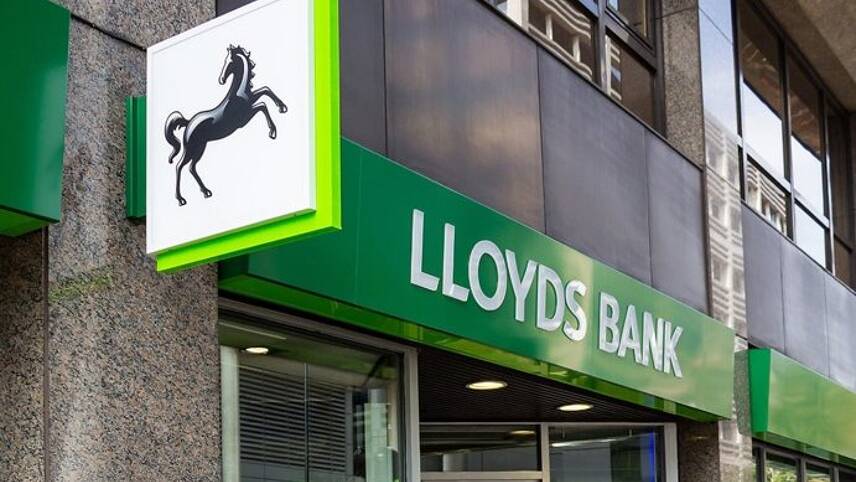Register for free and continue reading
Join our growing army of changemakers and get unlimited access to our premium content

Lloyds is one of six firms to have signed all three of the commitments
The firm claims that it is already sourcing 100% renewable electricity to power its operations, but said it has signed up to RE100 in order to source a greater proportion of its electricity from projects resulting in additional generation capacity. This will likely see a shift away from some green tariffs and towards Power Purchase Agreements (PPAs) which finance the installation of new wind and solar projects.
Under EV100, which aims to make electric vehicles (EVs) the new norm in business fleets, Lloyds will shift to net-zero models across its colleague and customer fleets. It will encourage all staff to switch their business vehicle for an electric model and install charging points at all staff car parks by 2030. Any residual emissions from remaining petrol, diesel or hybrid vehicles will be offset.
The last of the Climate Group’s business initiatives, EP100, binds signatories to either double their energy productivity, make their buildings net-zero carbon or implement an energy management system, based on which of these actions is most relevant to their business model. Lloyds has pledged to the first and third commitments and will install energy management systems in all buildings by 2030.
To date, only five other organisations have signed all three of The Climate Group’s business initiatives. The first triple signatories were the Royal Bank of Scotland (RBS) and Landsec.
Lloyds Banking Group’s director of responsible business, sustainability and inclusion, Fiona Canon, said that working with the Climate Group will be “crucial” in bolstering its commitment to halve the emissions the business finances by 2030. This target was set earlier this year, against a 2019 baseline.
“These initiatives are vital in bringing together business and governments to address the climate emergency, and our commitment to them is another important step in our own low carbon journey,” Canon said.
Bru-ing and renewing
In related news, Scottish soft drink manufacturer AG Barr – best known for making Irn Bru – has this week confirmed plans to switch to 100% renewable electricity later this year.
AG Barr has signed a ten-year corporate PPA package with Vattenfall to source 22GW of clean power from UK wind farms annually.
The electricity will be used to power AG Barr’s factories in Cumbernauld and Milton Keynes, as well as its smaller regional facilities. Towns and cities playing host to AG Barr sites include Manchester, Newcastle, Sheffield, Bolton and Forfar.
AG Barr notably already has an onsite wind array at its Cumbernauld site, which covers 8% of the site’s annual electricity consumption. But chief executive Roger White said the new CPPAs mark a “big step” towards reducing the company’s carbon footprint in light of the UK’s 2050 net-zero target. Scotland is aiming for net-zero five years ahead of the UK as a whole.
Sarah George


Please login or Register to leave a comment.